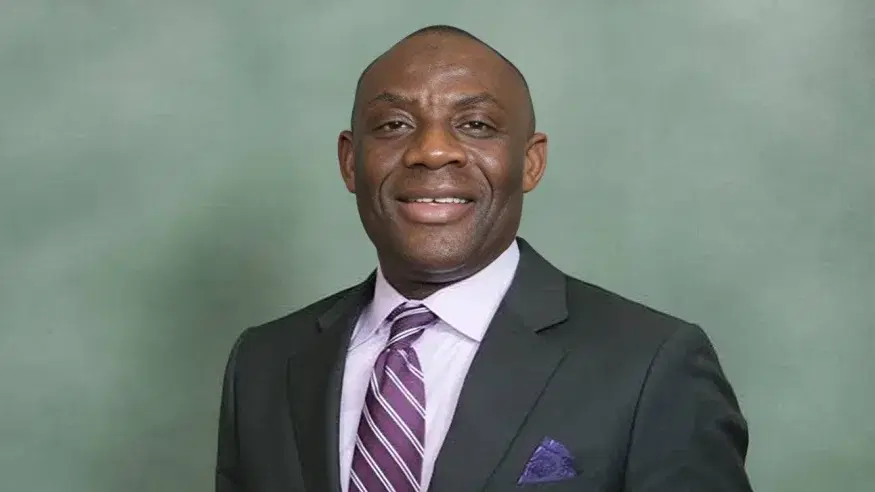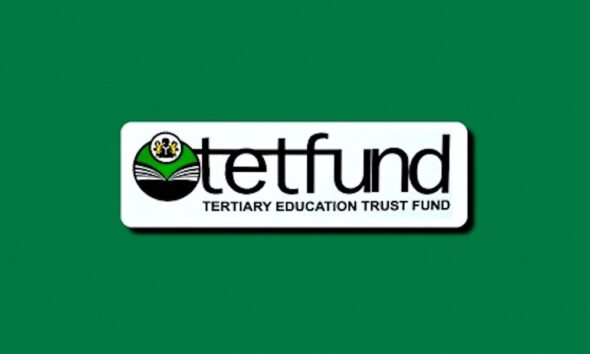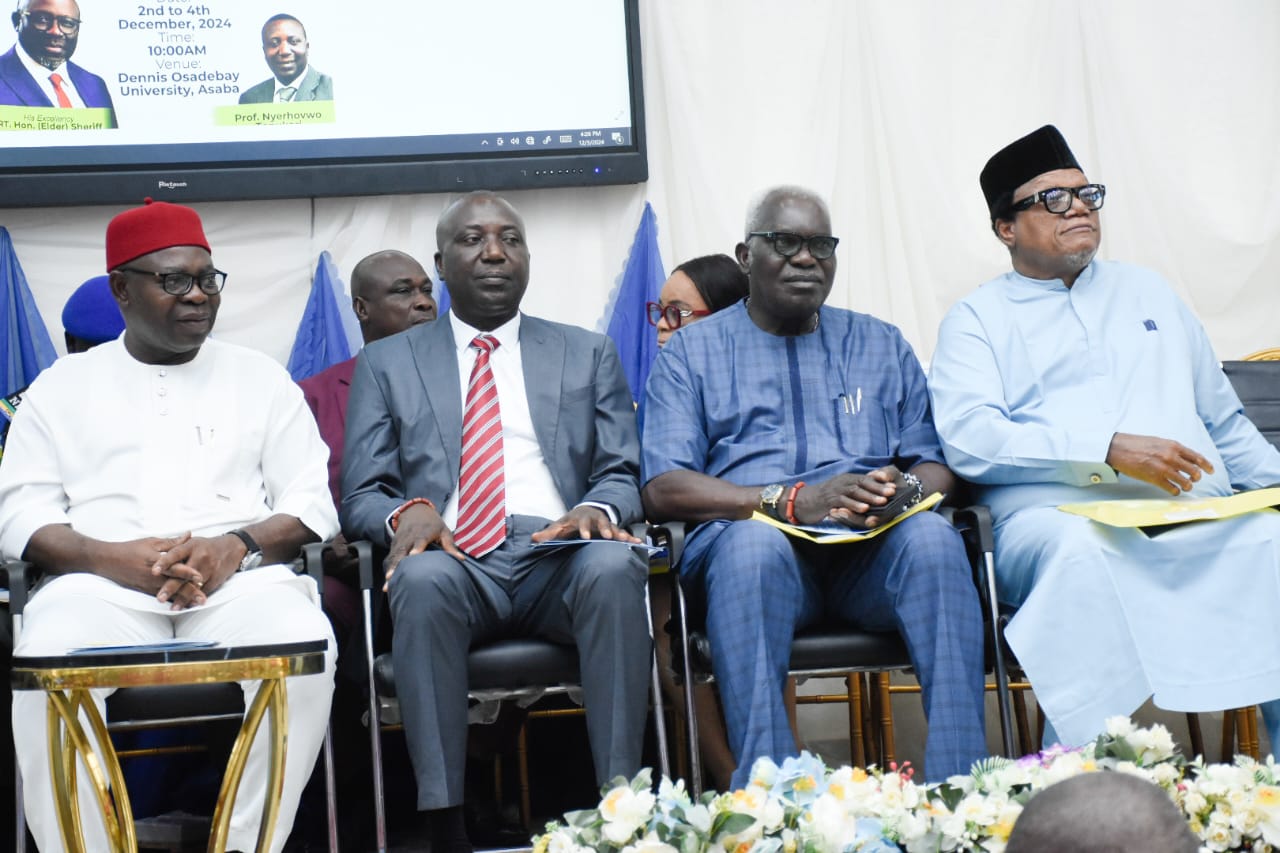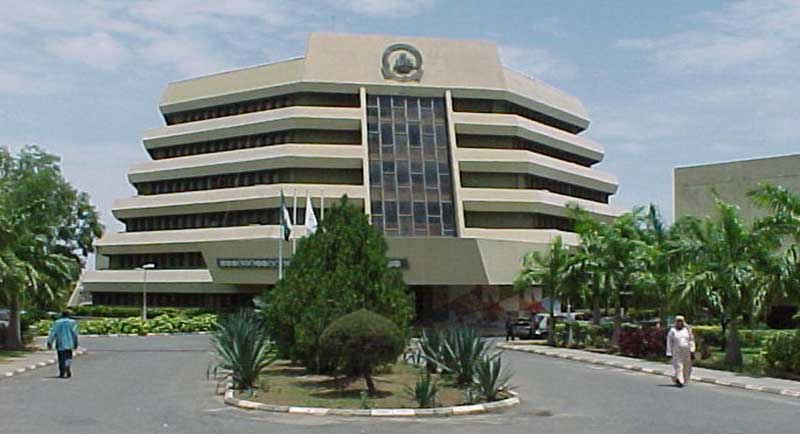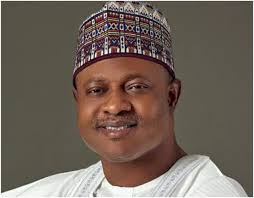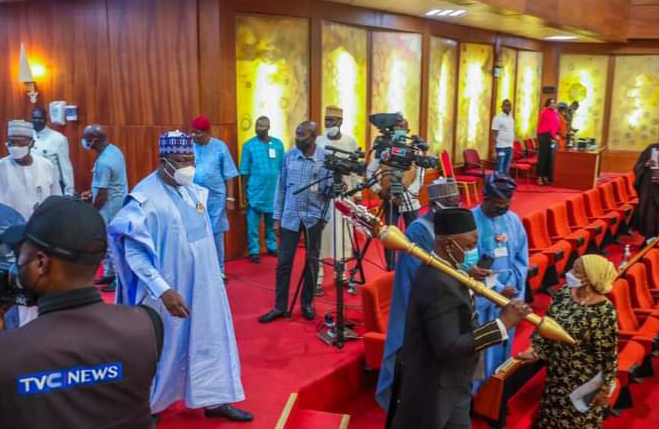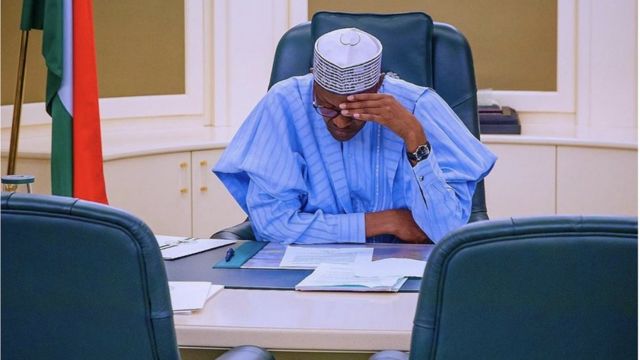Beneficiary institutions in Nigerian higher education are to benefit from the 2023 Tertiary Education Trust Fund (TETFund) intervention of N198 billion, representing 62 per cent of the approved N320 billion by the government.
The TETFund Acting Director of Public Affairs, Mr Abdulmumin Oniyangi, made this available in a document.
The document, which is also available on the Fund’s website, highlighted the breakdown of the allocation to beneficiary universities, polytechnics, and colleges of education.
Oniyangi, while noting that the interventions were for public tertiary institutions, said that the Act establishing the Fund does not include private institutions in its intervention lines.
He also explained that TETFUND interventions do not only veered on research but also included research.
“Research is part of our intervention lines, we do content as well and not just infrastructure.
“Sending lecturers to do MSC, PhD and all that are in research and in the research itself, there is what we call the Institution Based Research (IBS) and this is also available not to talk of the National Research Fund (NRF).
“So our intervention is not skewed against anything. In any case, research cannot be undertaking if there are no equipments. So everything is working together,” he said.
Meanwhile, the executive secretary of the Fund, Mr Sonny Echono, had earlier presented letters of allocation to heads of the beneficiary institutions at the 2023 TETFund Strategic Planning Workshop held in Abuja.
Echono had told the institution heads that the allocation were for projects categorised under a segment of the Fund’s Intervention termed “Annual Direct Disbursement”.
Highlighting the breakdown, he said under the Annual Direct Disbursement, funds were shared in line with the stipulated ratio in the Establishment Act equally to each tier of tertiary institutions regardless of size or needs.
On other projects to be carried out in 2023 outside the Annual Direct Disbursements, the executive secretary had said that the Fund had provided a budget of N30 billion for High Impact Projects in selected institutions across its three tiers of beneficiaries in the six geo-political zones across the country.
The fund, which is allocated under TETFund’s Special High Impact Intervention, indicates that six universities would get N3 billion each, while N1 billion each would be given to six polytechnics and six colleges of education spread across the geo-political zones.
“For this year, the Special High Impact will be given to six universities, and the six universities are: IBB University, Lapai, Niger State from North Central zone; Federal University, Wukari, Taraba State from North-East.
“Federal University, Birnin-Kebbi from North-West, Imo State University of Agriculture and Environmental Sciences from South East, Edo State University in South-South and Federal University of Technology, Akure, Ondo State, from South West.
“The beneficiary Polytechnics are Federal Polytechnics, Offa, Kwara; Federal Polytechnic, Gombe; Federal Polytechnic, Kabo, Kano; Anambra State Polytechnic, Mgbakwu; Federal Polytechnic of Oil and Gas, Bonny; and Oyo State College of Agriculture and Technology; Igbo-Ora.
“Also, Plateau State College of Education, Gindiri; Federal College of Education, Yola; Federal College of Education, Zaria; Enugu State College of Education, Enugu; Delta State College of Education, Mosogar; and Tai Solarin College of Education, Omu-Ijebu,” he said.
Echono also explained that 20 per cent of disbursements amounting to N64.2 billion would be utilised for special disbursement; adding that Special Intervention is at the discretion of the Board of Trustees of TETFund for which allocations are zonal based in line with the mandate of the agency.
He also said that other intervention activities has been earmarked for the year such as establishment of micro-teaching laboratories in some selected Colleges of Education from the six geo-political zones in the country.
He listed the colleges as Federal College of Education, Otukpo, Benue State; Federal College of Education, Jama’are, Bauchi State; Federal College of Education, Sokoto State; and Federal College of Education, Isu, Ebonyi State.
Others are Federal College of Education, Ekiadolor, Edo State; and Federal College of Education, Iwo, Osun State, noting that the N500 million is allocated to each of the colleges.
He said other allocations included N2 billion for Teaching Practice exercise in Colleges of Education and N1 billion for the establishment of Diaspora Research Centre, to be sited in University of Ibadan to create a platform for Nigerians home and abroad to exchange ideas and discoveries in innovation, research and development.
The TETFund boss also announced that N12 billion had been allocated for completion of distressed projects, while N3 billion for establishment of innovation hubs across the geo-political zones of the country.
According to him, the National Research Fund (NRF) is aimed to revitalise the objectives of addressing the critical need of high quality manpower to drive the nation’s economy and development aspirations Towards attaining the Nation’s Vision 20:20 and beyond.
He further explained that the Intervention focused on applied researches that address areas of national concern such as National Security, National Integration and Peace Studies.
Other areas are Education and Training, Economic Development, Agriculture, Food Security, and Technology Processes, Power and Energy, ICT and Telecommunication, Entrepreneurship and Wealth Creation, and Environment issues, among others.
Recall that TETFund was originally established as Education Trust Fund (ETF) by the Act No. 7 of 1993 as amended by Act No. 40 of 1998 (now repealed and replaced with Tertiary Education Trust Fund Act 2011).
It is an intervention agency set up to provide supplementary support to all level of public tertiary institutions with the main objective of using funding alongside project management for the rehabilitation, restoration and consolidation of Tertiary Education in Nigeria.
